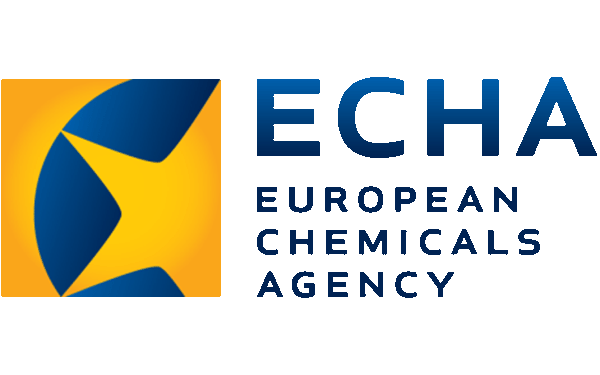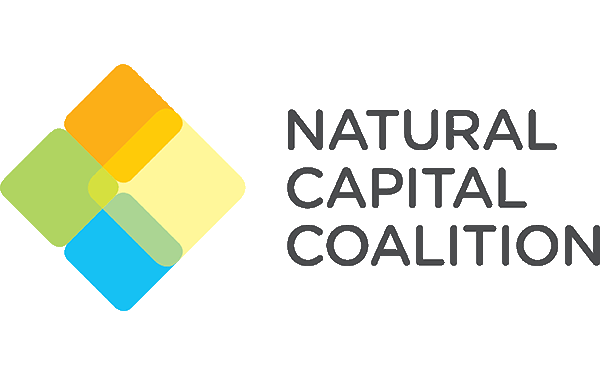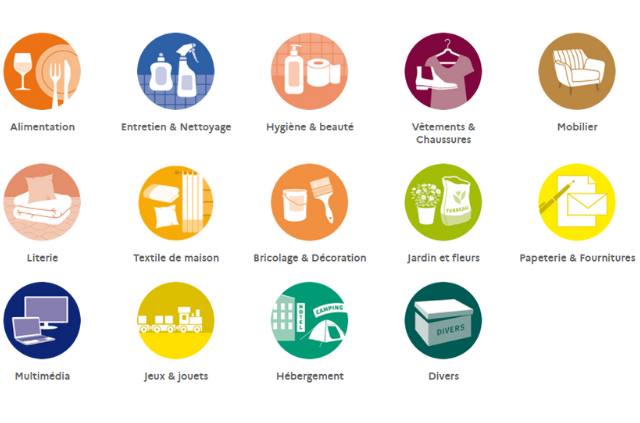Sustainability Analysis
The Evaluation of the Three Pillars of Sustainable Development
-
Are you interested in measuring the environmental, economic and human impacts of your project?
Externatilities
Some of the impacts of human activities on society are not included in the costs of products or projects (environmental impacts or benefits, services rendered to consumers, nuisances, etc.): these are externalities. Regulations, taxes and public support seek to ensure that the externalities of the private sector are transformed into a cost in their financial balance sheet: this is called internalization. Measuring and monetizing your externalities is therefore a way to identify all the additional benefits and costs of your activities on society, and to estimate the risks that weigh on your activities in relation to changes in public policy, and to value the benefits to society in order to seize new opportunities.
-
Are you looking to monetize your social and environmental impacts?
Monetization
Monetization of social and environmental impacts is the expression of these impacts in a common monetary unit, which reflects the equivalent amount of welfare provided or withdrawn to human beings by the same amount of money. The purpose of monetization is to make comparisons and trade-offs between different environmental or social issues and between environmental and social issues and economic considerations. Different monetary valuation methods are used to estimate the monetary value (or social cost) of environmental and social impacts. These methods, which we use in our studies, are listed in the ISO 14008 standard.
Evaluate Sustainability
RDC Environment assists you in evaluating the impacts of your organization or your products on the three pillars of sustainable development. The sustainability analysis or cost-benefit analysis can be used for :
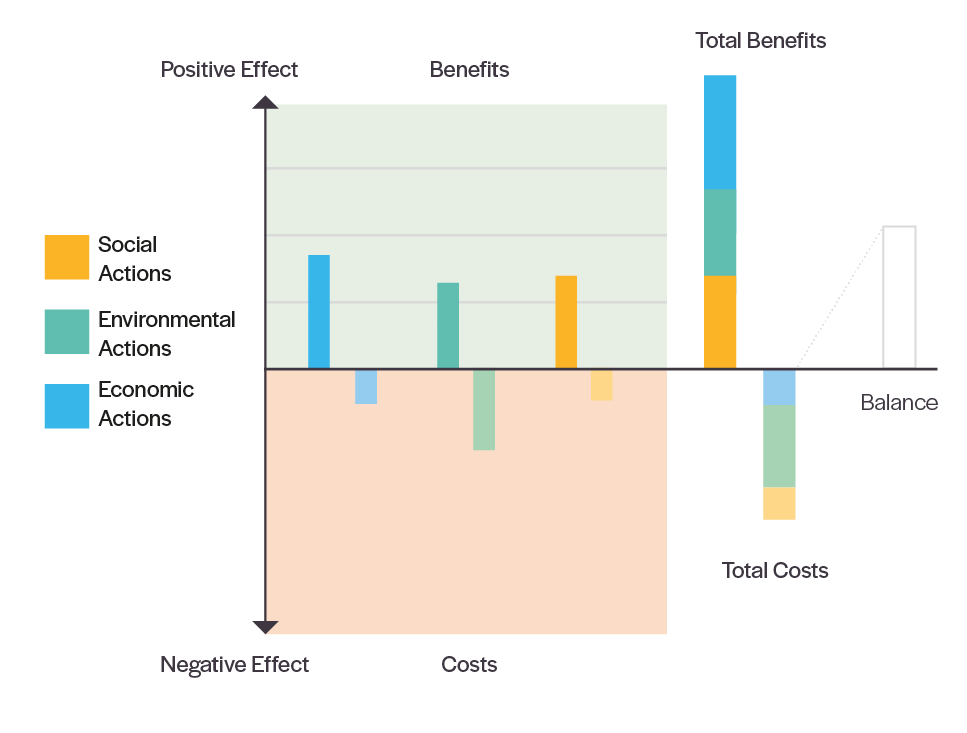
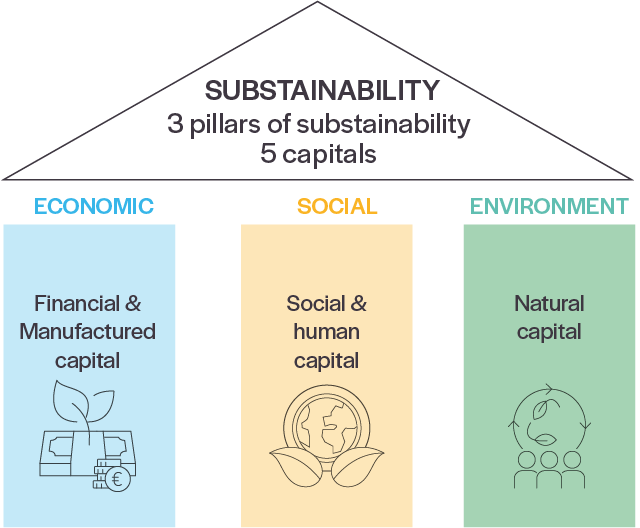
Our expertise
Our team of engineers and economists assists public authorities and the private sector in carrying out sustainability analyses, also called socio-economic analyses or cost-benefit analyses (ISO 14007), using:
– Life Cycle Assessment (ISO 14040/44) and the monetization of
environmental impacts (ISO 14008)
– Economic Evaluation: cost-benefit analysis
– Social Evaluation: quantification of jobs, impacts on human health and all other effects on humans.
RDC Environment contributed to the development of the ISO
14008 standard – Monetary evaluation of environmental impacts and related environmental aspects.
RDC Environment, in partnership with Bo Weidema, developed a reference method for monetizing impacts on resource scarcity, published in the peer-reviewed journal Resources.
Network

